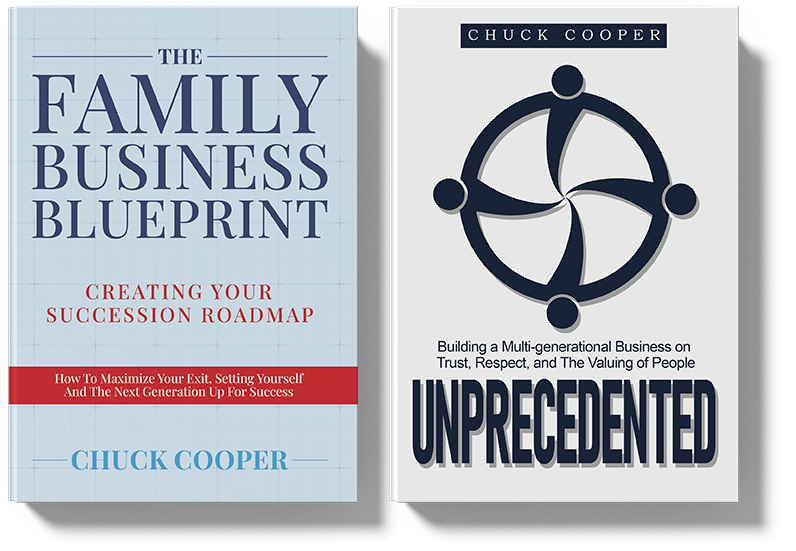Employee one-on-ones are among the most effective tools that managers have for boosting engagement and retention… and, one of the most underutilized. Far too many managers underestimate the power of checking in with employees on an individual basis, taking just a few minutes each week to connect. One-on-ones provide an opportunity to ask employees how they are doing with their personal and professional goals, to let them know about learning or coaching opportunities, and to resolve potential conflicts. But more than anything else, these interactions help employees to know that they are seen, appreciated, and valued.
Making Time for One-on-Ones
The thought of hosting weekly one-on-ones with every single employee may seem daunting, especially if you manage a large number of personnel. But just think about the amount of time you devote to managing poor performers, correcting employee mistakes, and/or looking for new team members to replace the ones who have left. One-on-ones will help you spend less time on those tasks, while simultaneously ensuring that your attention is evenly spread among all team members… not just low performers.
Tips for an Effective One-on-One
So what can managers do to make their one-on-one meetings as effective as possible? Consider a few basic guidelines.
- It’s always a good idea to simply ask employees what they have been working on: Which projects or tasks have been their biggest priorities over the past week, and what kind of progress have they made? This is a good way of ensuring their priorities align with your own, and with the team’s more broadly. It can also be a good way to assess whether the employee in question needs any extra help or support as they labor through a time-intensive task.
- Be generous with praise. One-on-ones are an excellent opportunity to offer specific words of gratitude for specific employee accomplishments. This is one of the most powerful (and affordable) ways of showing employees they are valued.
- Always be prepared to reiterate your company’s mission, values, and goals, reminding employees that they are part of something bigger than themselves. This codified language is especially important if you need to counsel or redirect a team member.
- If an employee is struggling, take a few minutes to brainstorm whether their work style is prohibiting their progress. Talk through some process changes that could help them work more efficiently, and with less frustration. Also be ready to provide additional support or resources as needed, helping employees feel truly empowered to succeed.
- Don’t forget the big picture. Beyond day-to-day and week-to-week tasks, make sure employees feel part of the team, and satisfied in their work. Also verify that their work meets their needs.
These are just a few tips to help guide your employee one-on-ones, but our main takeaway is simply this: If you’re not doing one-on-one meetings with the employees you manage, now is the time to start. You are sure to find that these regular interactions offer enormous value and can actually save you time in the long run.
Questions? Reach out to WhiteWater Consulting any time you’d like to chat.


